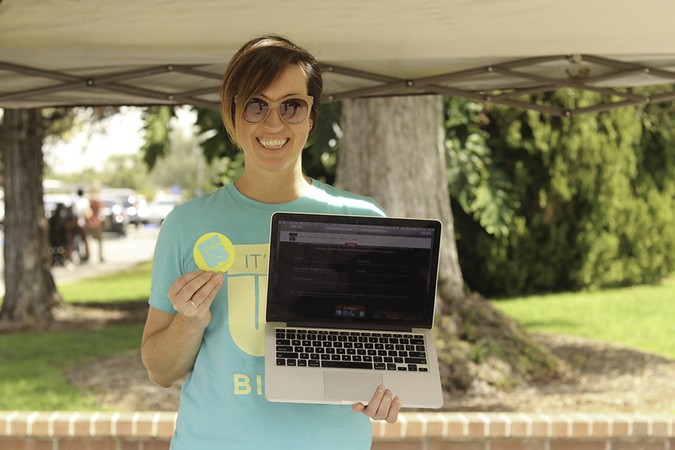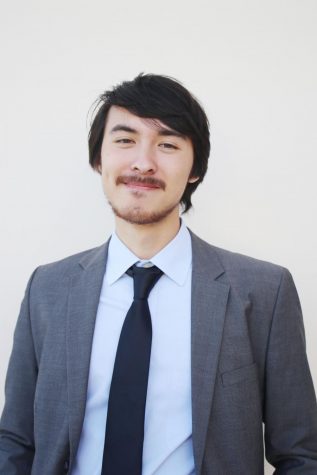THIS STORY IS PART TWO OF A THREE-PART SERIES ABOUT TITLE IX AT BIOLA. READ PART ONE OF THE SERIES HERE.
Thinking back to when two students she knew found themselves on opposite sides of a Title IX investigation of sexual assault, 2016 alumna Rachel Alfaro believes the process has a problem of inconsistency. Alfaro believes that in this case, the result of the adjudication harmed both the complainant and the respondent.
EQUITY AND CONSISTENCY
“There was no real consistency with how it was handled. She was told that it was her own hesitancy with her decision, that she regretted everything that happened. But he was still held responsible for it. So he did have consequence for everything that happened, but neither party really got closure,” Alfaro said.
Title IX coordinator Dawn White compares the process to a scale weighing the facts of a case, but not allowing predispositions or biases to affect its goal of maintaining equity. She believes that the statistically low rate of false sexual assault reports gives ground for the careful consideration of each case.
“I think that it’s reasonable to say something happened. Something happened that is impacting this person. And no matter what that is… there’s still the layers of care and support that need to be put into place for both the reporting party and the responding party,” White said.
Chief John Ojeisekhoba of Campus Safety, whose office investigates reports of sexual assault, shares White’s emphasis on equity. As a father of two girls and three boys, he says he takes a personal perspective on each case.
“When we have a female that comes and complains… I look through that lens and I see my own daughter. And then I look through that lens further about the accused and I see my own sons,” Ojeisekhoba said. “So it’s beyond just formality and just paper and going through a process here. It’s about—for me—it’s about doing the right thing and fairness. Fairness. Fairness to both parties.”
COMMUNITY CULTURE
For 2017 alumna Tiffany de Vos, whose friend filed a report of sexual assault during her time at Biola, the issue of victim blaming prevents the Title IX process from achieving true equity.
“It’s always like, ‘What were you doing?’, ‘Were you drunk?’, ‘Were you out at night?”, ‘What were you wearing?’, and it’s like, that is absolutely inappropriate when it comes to actually getting the full story,” de Vos said. “When I hear from the victim’s perspective, they feel very blamed and just scared to share.”
Alfaro believes the problem involves the larger Biola community, which she feels usually thinks poorly of those who engage in sexual activity. She also states students often jump to conclusions when a case of sexual assault comes to light, either blaming the complainant or demanding the adjudicators condemn the respondent.
“We have to understand that it’s not our responsibility as students to figure out who’s at fault. There’s a definite tendency to want to put your opinion in things. We’re all very narcissistic in that way,” Alfaro said. “But it’s ultimately not up to us. I think as a community our role is to hold Biola and to hold law enforcement to the standard of conducting fair and thorough investigations. I’m not sure how their investigations are going to have to change… but there has to be consistency with how they’re going to handle it.”








